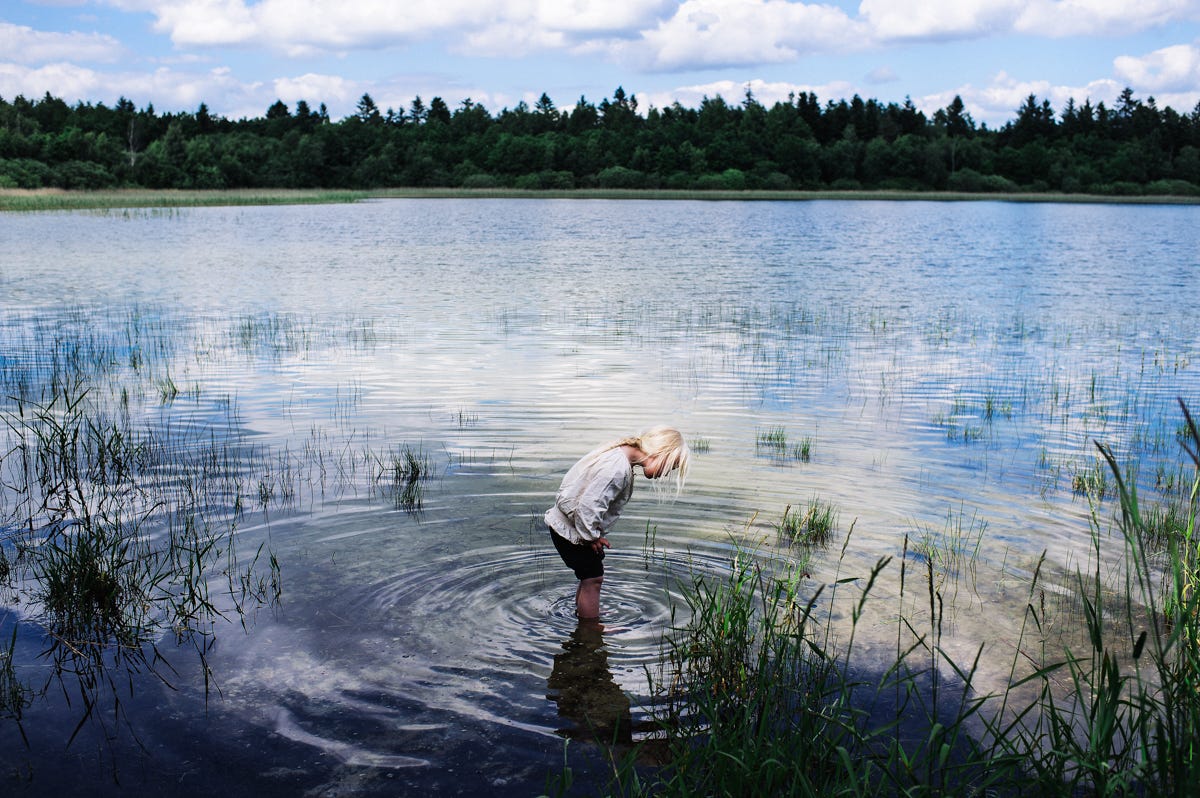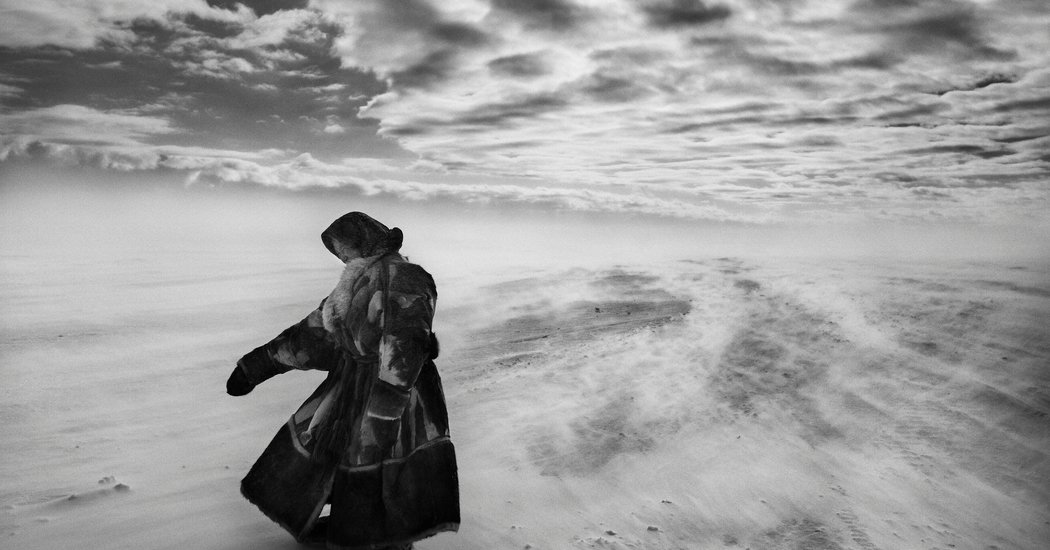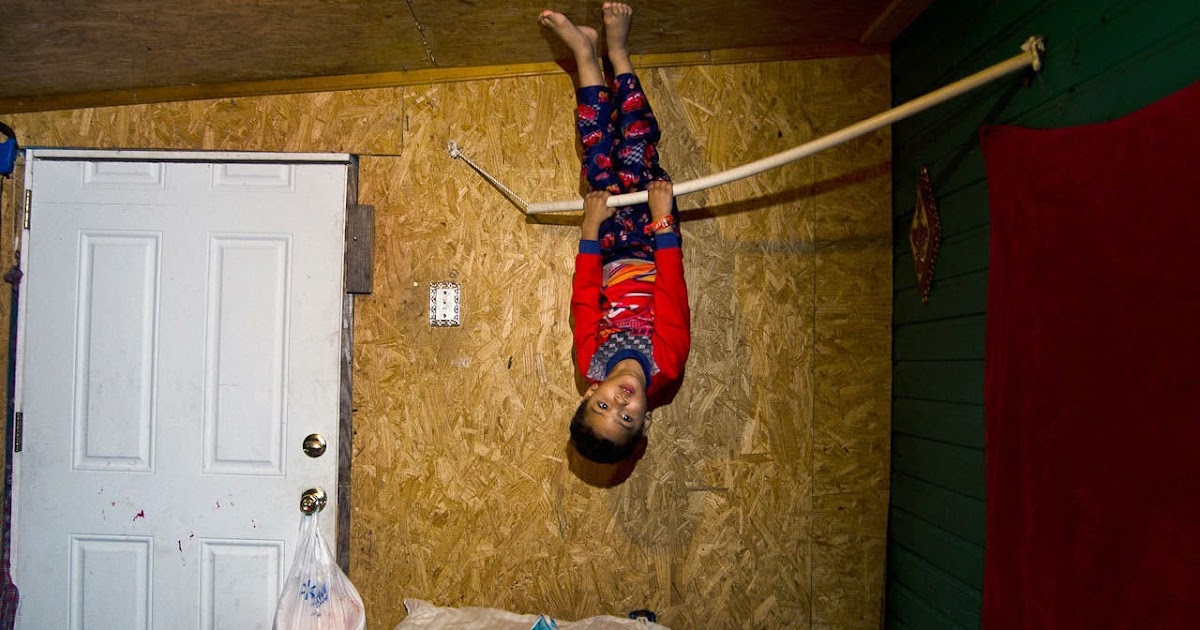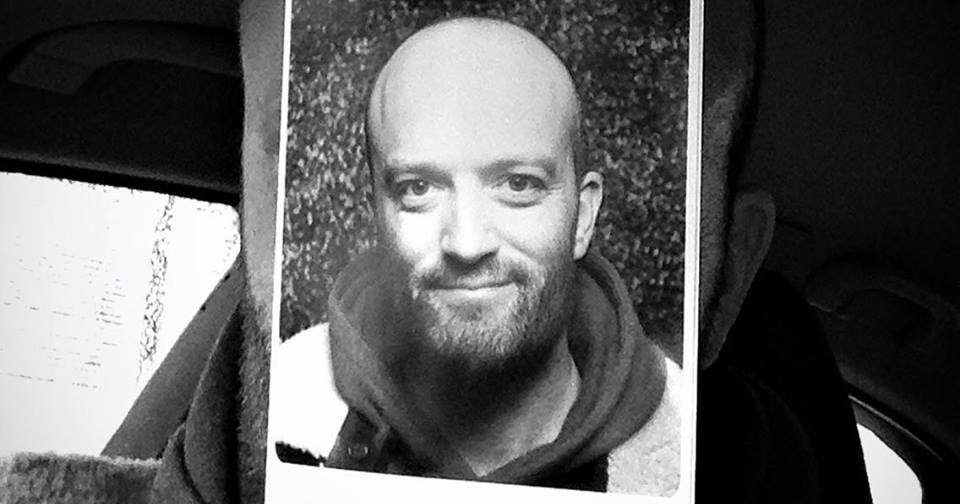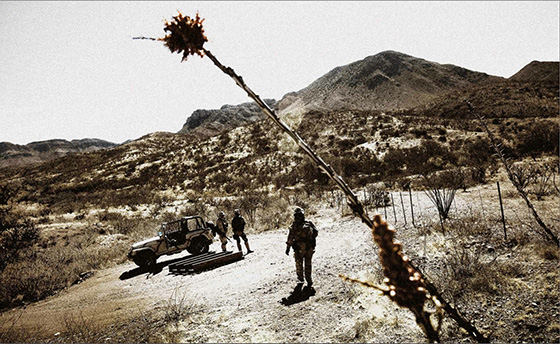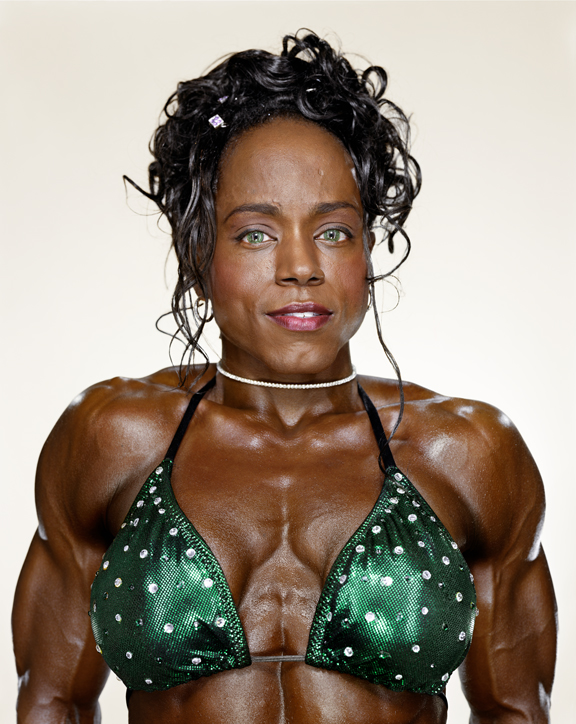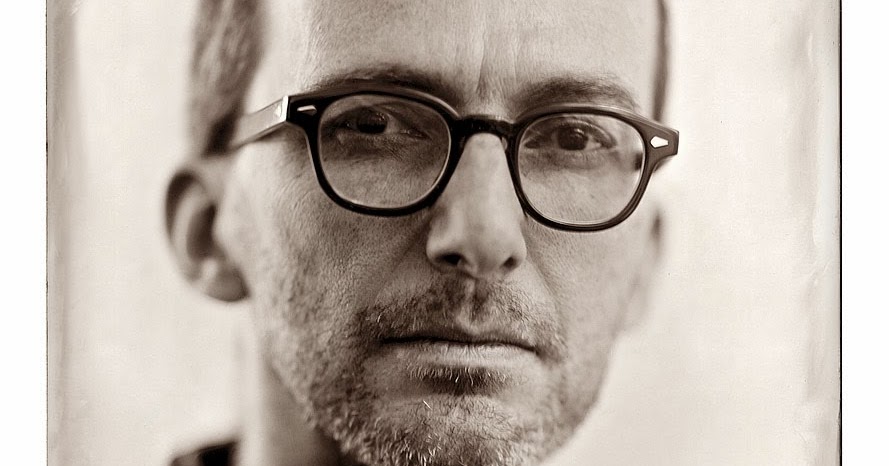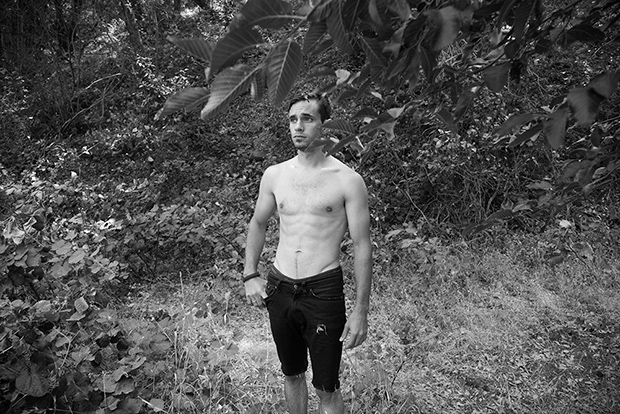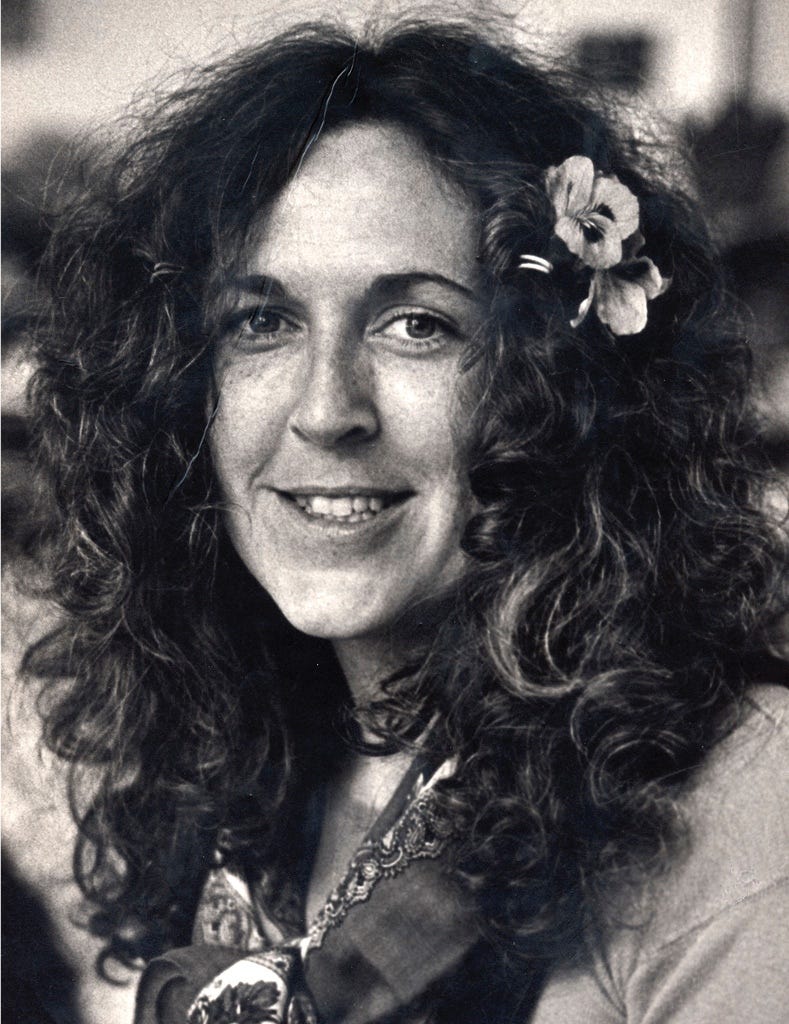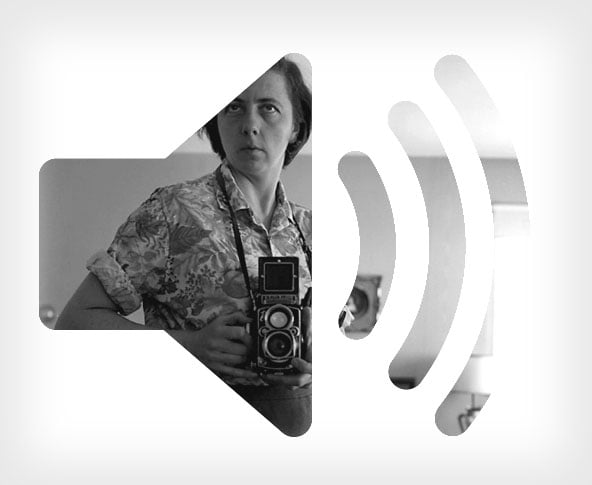Mario Wezel Is the 69th College Photographer of the Year
The first-place winner on luck and telling stories that matter, including the challenges of a family dealing with Down’s Syndrome.
via Medium: https://medium.com/vantage/mario-wezel-is-the-69th-college-photographer-of-the-year-82d0ea29d42
The first-place winner discusses telling stories that matter, including the challenges of a family dealing with Down’s Syndrome

